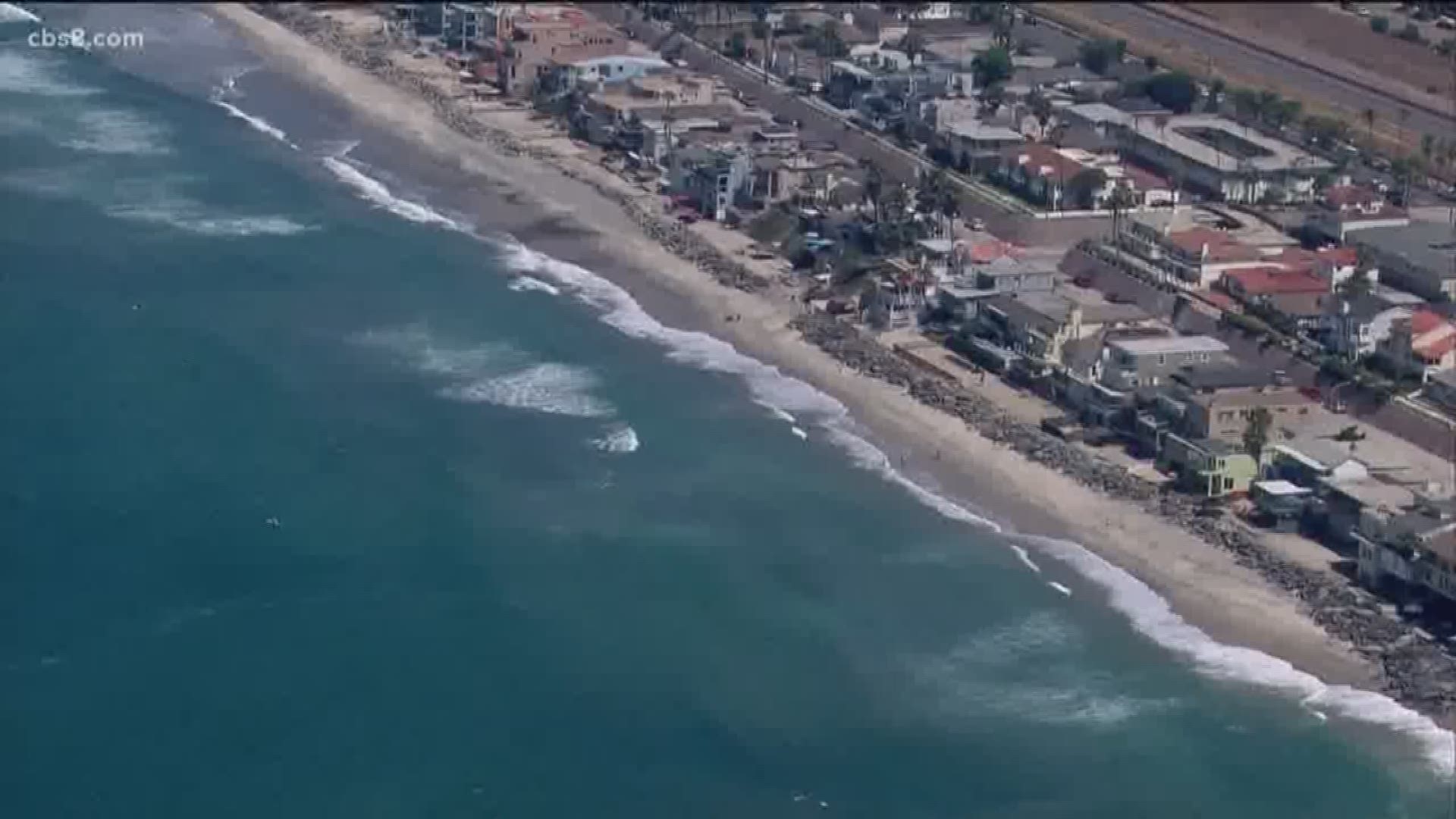As we continue to feel the impacts of climate change, it's becoming clear no industry is immune - and that includes the world of surfing.
A study called “Disappearing Beaches” recently released by Kalon Surf lists the top five countries fighting climate change as:
- Costa Rica
- Morocco
- Portugal
- United Kingdom
- Phillipines
The bottom five included the United States along with Australia, South Africa, Indonesia and Ireland.
“[I’m] not at all surprised that the U.S. is behind the curve,” said Zach Plopper.
Plopper is conservation director with Wild Coast which focuses coastal environmental issues.
“Climate change is the most real thing happening on this planet and it’s an international issue. And surfers are really kind of the canaries in the coal mine on this one.”
Based off real numbers, our planet is warming.
"We're on track to having a planet that’s three to five degrees warmer than pre-industrial levels by the end of this century,” said Plopper. “It’s being threatened by sea level rise and climate change. And we’re going to see more and more of those impacts with wintertime storm events, flooding.”
Looking at the heat waves this summer in Europe, you can see how they have affected the ice shelf over Greenland.
“We’re going to see sea level rise that’s caused by climate change caused by us pumping fossil fuels into the atmosphere,” Plopper said. “We know how important coastal recreation is in California so we need to protect that and ensure that we can continue to have these industries and this economic driver for our coastal communities
"Surfonomics” plays a big roll.
"Surf tourism and coastal tourism is going to suffer if we don't stop this,” said Plopper.
Plopper says we can start locally and then go globally.
“It’s very real. It’s going to be up to states, it’s going to be up to local municipalities, it’s going to be up to individuals,” Plopper said. “We can’t wait for federal governments to hold our hand through this. We have to be active and take care of it on our own.

